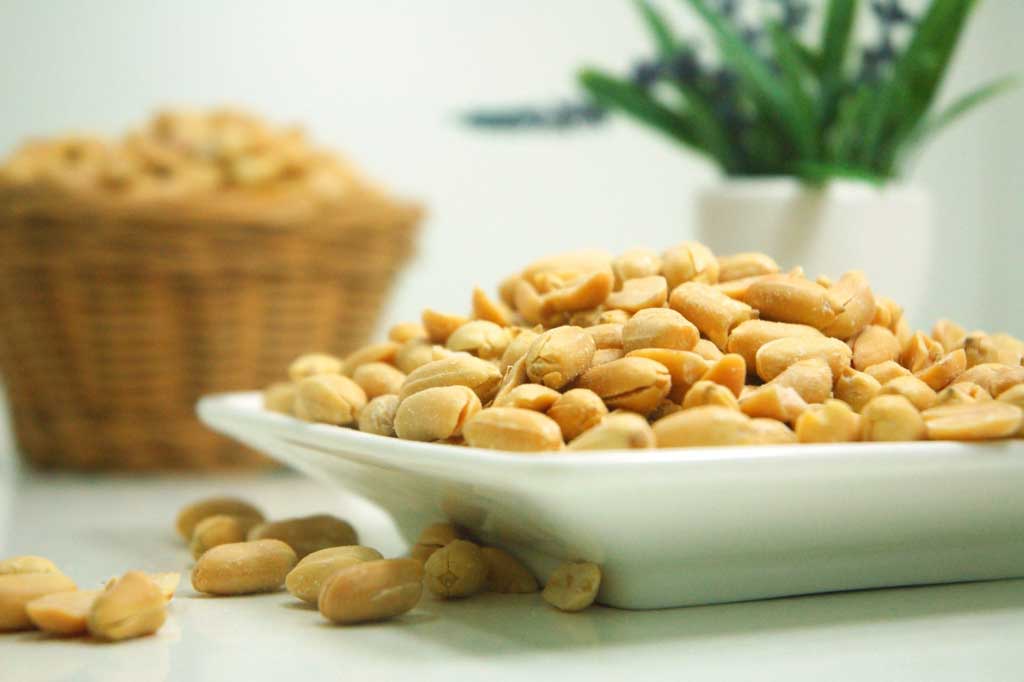NHS advisers reject meningitis B vaccine
Medication
The NHS body that decides vaccine policy, the Joint Committee on Vaccination and Immunisation (JCVI), has decided that the new meningitis B vaccine should not be added to the routine childhood vaccination schedule as it is "not cost effective"…
Important update: the meningitis B vaccine has since been given the go-ahead for consideration in the NHS vaccination schedule. Read about the role the meningitis B vaccination is likely to play in the NHS vaccination schedule.
The text below is the original Behind the Headlines article from July 25 2013, which explained that day's media stories in context.
The government body that advises the NHS on vaccine policy, the Joint Committee on Vaccination and Immunisation (JCVI), has decided that the new meningitis B vaccine (Bexsero) will not be added to the routine childhood vaccination schedule.
In a position statement, the JCVI says: "On the basis of the available evidence, routine infant or toddler immunisation using Bexsero is highly unlikely to be cost effective at any vaccine price."
What is meningitis B?
Meningitis B is a highly aggressive strain of bacterial meningitis that infects the protective membranes surrounding the brain and spinal cord. It is very serious and should be treated as a medical emergency. If the infection is left untreated, it can cause severe brain damage and septicaemia (blood poisoning). In some cases, bacterial meningitis can be fatal.
How common is meningitis B?
The charity Meningitis UK estimates that there are 1,870 cases of meningitis B each year in the UK. Meningitis B is most common in children under five years old, and in particular in babies under the age of one.
Initial signs and symptoms of meningitis B in babies include:
- a high fever with cold hands and feet
- they may feel agitated but not want to be touched
- they may cry continuously
- some children are very sleepy and it may be difficult to wake them up
- they may appear confused and unresponsive
- they may develop a blotchy red rash that does not fade when you roll a glass over it
For more information, read Signs and symptoms of serious illness in babies.
What do we know about the vaccine?
The vaccine Bexsero was licenced for use in January 2013. Until that time, there had been no effective vaccine against meningitis B. A vaccine against meningitis C is given as part of the childhood vaccination schedule.
Bexsero is thought to provide 73% protection against meningitis B, which should significantly reduce the number of cases. The vaccine can be administered to infants aged two months or older either by itself, or in combination with other childhood vaccines. The vaccine has been tested in clinical trials involving more than 8,000 people.
In infants, it was found to have similar levels of safety and tolerability as other routine childhood vaccines. The most commonly reported side effects were:
- redness and swelling at the site of the injection
- irritability
- fever
Why has the JCVI rejected the vaccine?
JCVI states that they do not think that routine vaccination would represent a cost effective use of NHS resources.
They express concern that there is evidence that the immunity may wear off over time. They also argue that the 73% effectiveness is not good enough to justify routine vaccination.
However, they do conclude that there is a case for giving the vaccine to high-risk groups, such as those with a damaged or malfunctioning spleen, which can make people very vulnerable to infection.
Can I pay to have my child vaccinated?
In theory, yes. But currently, availability of Bexsero in the UK is limited and it may be several months before the vaccine becomes available in all locations. Your GP may be able to advise you about availability in your area.
It is also currently unclear about how much it will cost to have a child vaccinated on a private basis.






 Subscribe
Subscribe Ask the doctor
Ask the doctor Rate this article
Rate this article Find products
Find products






